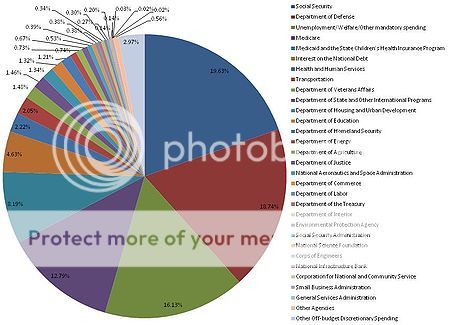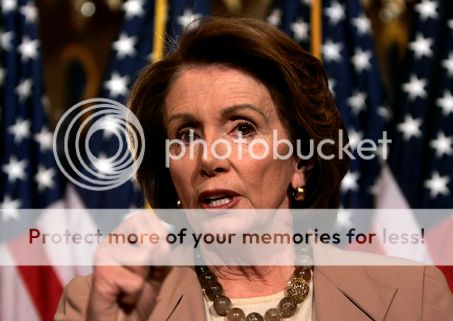November 4, 2010 - What The Election Means for Economic Policy
SPECIAL ELECTION ISSUE

Featured Trades: (WHAT THIS MEANS FOR ECONOMIC POLICY)
2) What The Election Means for Economic Policy. Let's put the economic polices the voters chose under the microscope and see what we got. It is not a pretty picture. The bottom line is that my scenario of a lethargic 2-2.5% GDP growth rate continues for the foreseeable future. Here are the reasons why:
1) The party with the worst job creation record in a century is now in charge of job creation. There were 23 million jobs created from 1992-2000. There were only 1 million created during 2000-2008 when the population grew by 22 million.
2) The party that presided over the biggest increase in the deficit in history, from $5 trillion to $10 trillion during 2000-2008, is now charged with reducing the deficit.
3) Republican deregulation policies favor large multinationals that have been the most profitable, because they have been the most aggressive exporters of jobs. Small businesses that generate the most jobs don't show up anywhere in this picture.
4) Without any further assistance from Washington, the states and municipalities are going to have to take an extra sharp hatchet to budgets for teachers, police and firemen, the most junior claims on local resources. The drag on the healthy parts of the economy increases.
5) Much of the campaign focused on cutting the deficit by reducing spending. Below, please find the six largest expenditures in the $3.5 trillion 2010 Federal budget:
$687 billion - Social Security
$655 billion - Defense
$564 billion - Unemployment and Welfare Payments
$448 billion - Medicare
$287 billion - Medicaid
$162 billion - Debt service
Notice, first of all, that you did not see these numbers anywhere during the campaign. They should have been posted at every ballot box along with a Sharpie marking pen. Looking at the list, I see three untouchable Republican sacred cows, social security, defense, and Medicare, taking up the bulk of the spending. Debt service is untouchable. That leaves unemployment and welfare payments and Medicaid as big fat targets.
But even if you completely end this spending, close the agencies involved, and sell off the buildings, as many conservatives have proposed, you have only cut spending by $851 billion, or 61% of the current budget deficit. Some $549 billion of deficit remains. And this assumes the tax rates remain the same. Cut taxes, and the Medicare, unemployment, welfare-free budget deficit rockets to $1.2 trillion, while at the same time slowing GDP growth substantially further. Did I mention that falling spending causes job losses? Talk about jumping out of the frying pan and into the fire.
The mostly closely guarded secret of this election is what spending the Republicans cut in their first budget. I am waiting with baited breath to see how they do this.
Looking for New Office Space


